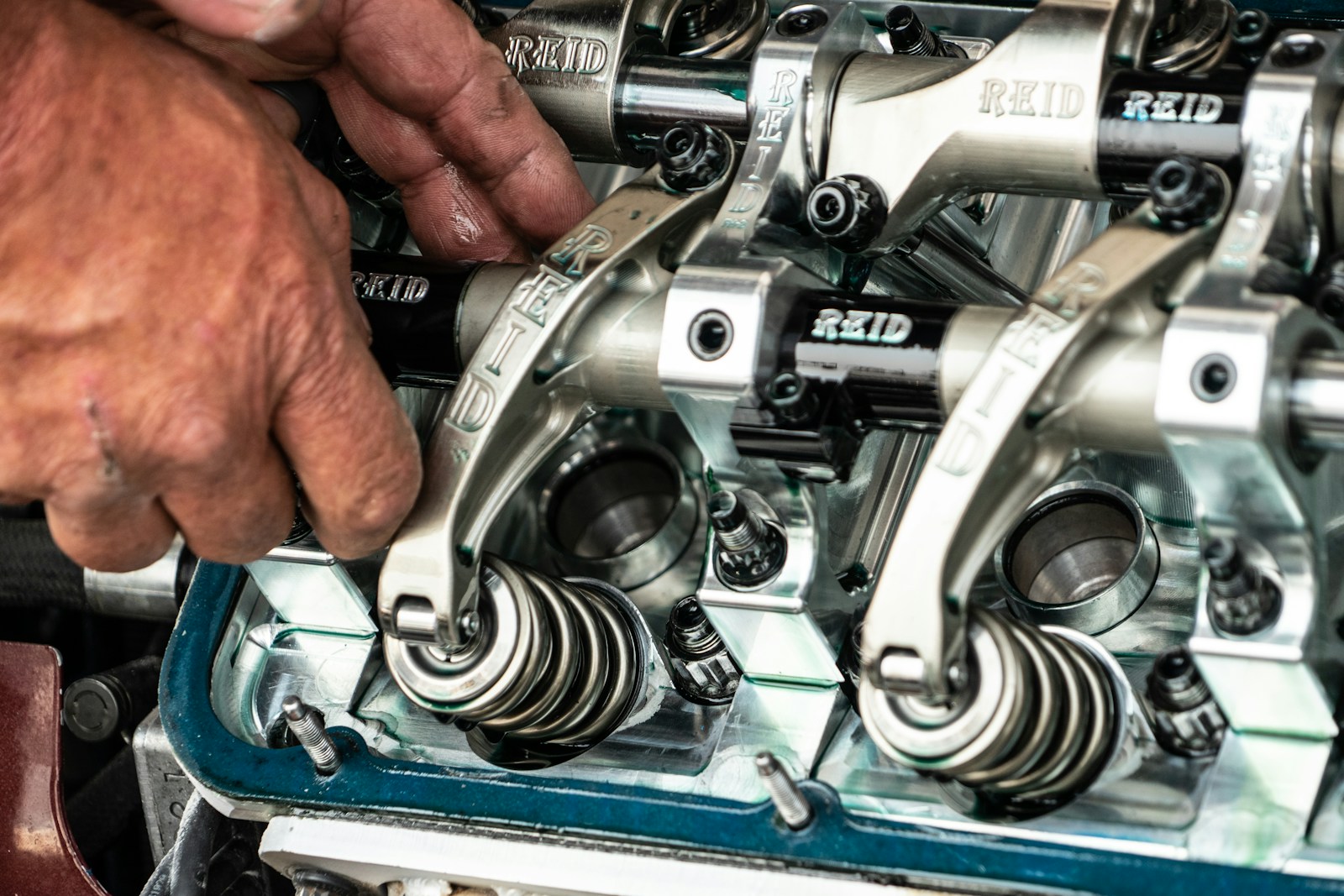A maintenance worker is also characterized by the title maintenance technician, as it describes what they’re about. They make sure the building, equipment, and facilities are operating well. Maintenance repair routine and prevent maintenance activities to avoid any interruption in operation. Maintenance workers work in residential buildings, commercial buildings, manufacturing plants, healthcare facilities, and many more.
Technical skills, problem-solving skills, and physical quality make up a good maintenance worker. A good maintenance worker is to keep functional systems, reduce safety concerns, and ensure efficient operations.
Resume Description for This Job
Employment as a maintenance technician should highlight practical experience, relevant technical skills, as well as troubleshooting and resolving issues.
Sample Resume Description:
“Experienced Maintenance Technician with over 5 years of expertise in inspecting, repairing, and maintaining mechanical and electrical systems. Proficient in using hand and power tools, conducting preventive maintenance, and troubleshooting complex equipment issues. Committed to ensuring operational efficiency and safety while minimizing downtime.”
Key Skills to Include:
- Expertise in mechanical, electrical, and plumbing systems.
- Proficiency with tools and diagnostic equipment.
- Ability to follow safety protocols and regulations.
- Strong troubleshooting and problem-solving abilities.
- Experience in routine inspections and preventive maintenance.
Feel free to adjust details to better match your experience!
Salary (Based Range in USA)
The salary for maintenance workers in the United States depends on experience, location, and the industry they work in.
- Entry-Level Salary: $30,000 – $40,000 per year.
- Mid-Level Salary: $40,000 – $55,000 per year.
- Senior-Level Salary: $55,000 – $75,000 per year.
In addition to their base pay, many maintenance workers receive benefits such as overtime pay, health insurance, and retirement contributions, enhancing the overall compensation package.
Responsibilities

Maintenance workers handle a variety of tasks to ensure buildings, equipment, and facilities are functional and safe.
Core Responsibilities:
- Repairs: Fix broken equipment, systems, or structures, including HVAC, plumbing, and electrical components.
- Preventive Maintenance: Perform regular inspections and servicing to avoid costly breakdowns.
- Troubleshooting: Identify and resolve issues promptly to minimize disruptions.
- General Upkeep: Maintain the cleanliness and functionality of facilities, including landscaping and waste management.
- Safety Compliance: Ensure that all systems and equipment meet safety regulations.
Additional Responsibilities:
- Install new equipment or systems as required.
- Maintain records of repairs and maintenance schedules.
- Collaborate with contractors or specialists for large-scale projects.
- Respond to emergency maintenance requests promptly.
- Assist with renovations or facility upgrades.
Qualifications
Educational Requirements:
- High school diploma or GED is typically required.
- Vocational training or certification in plumbing, electrical work, HVAC, or a related field is a plus.
Skills and Attributes:
- Technical Proficiency: Knowledge of mechanical, electrical, and plumbing systems.
- Problem-Solving: Ability to identify and resolve issues effectively.
- Physical Stamina: Capability to perform physically demanding tasks, including lifting and working in tight spaces.
- Attention to Detail: Precision in repairs and maintenance tasks.
- Communication Skills: Ability to interact effectively with team members and clients.
Certifications:
- Certifications in HVAC, plumbing, or electrical systems can enhance job prospects.
- OSHA safety certifications are often preferred.
FAQs
Q1: What industries employ maintenance workers?
Maintenance workers are employed across various industries like residential property management, health care, manufacturing, and hospitality.
Q2: Do maintenance workers need formal education?
While a high school diploma is the minimum requirement, vocational training or certifications in specific trades can improve job opportunities.
Q3: What tools do maintenance workers generally use?
Common tools for maintenance workers are wrenches, screwdrivers, drills, along with diagnostic equipment such as multimeters.
Q4: Is the maintenance job physically demanding?
Yes, it often requires heavy lifting, climbing, and working in different conditions so you need to have good stamina.
Q5: Can maintenance workers promote in their career?
Yes, maintenance workers can progress to supervisory positions, to facilities management, or specialized trades after getting experience and additional training.
Conclusion
It provides the opportunity for stability and variety, and career growth. Maintenance workers are indispensable to the perfect running of systems and facilities, which implies not only safety but also minimum disruption to operations. Strong technical expertise, keen attention to detail, and an approach to proactive resolution will undoubtedly lead seekers of a maintenance job into a rewarding and meaningful career. Maintenance work could be the answer for someone who likes hands-on activities and solving problems.
